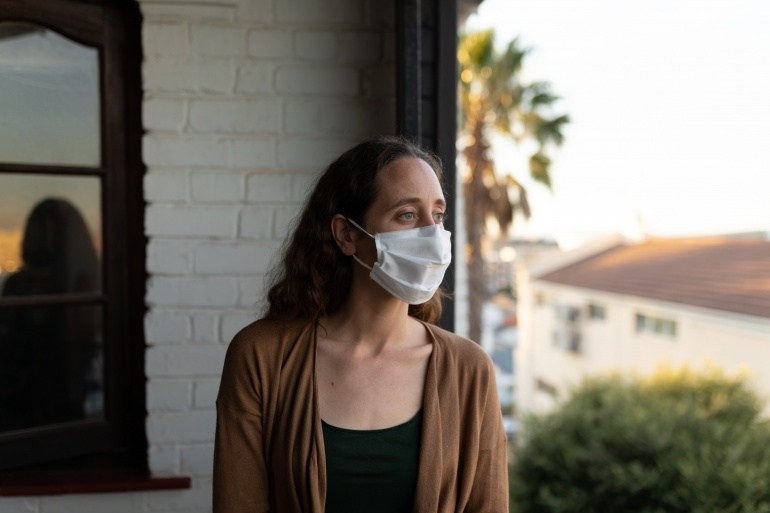After a lengthy discussion between the country's various health ministers, the new quarantine rules for Belgium have been announced.
Cases of the Omicron variant are continuing to rise rapidly and to avoid facing problems under the current system, the country's Inter-ministerial Conference (IMC) on public health has decided to relax various quarantine measures.
These new rules will enter into force on 10 January, Flemish health minister Wouter Beke's spokesperson confirmed to The Brussels Times.
Belgium’s various health ministers met on Monday afternoon to discuss new policies for quarantine and ‘testing and tracing' to mitigate the pressure on test centres and the economy but did not reach a decision. An announcement was finally made on Tuesday following another meeting.
What are the new rules?
From 10 January, people who have either already received a booster dose or those who received their last shot of the "basic vaccination" up to five months ago will no longer have to quarantine following a high-risk contact, according to reports from De Standaard.
This means they will no longer have to quarantine until a negative PCR test is obtained around day five after a high-risk infection. They will also not have to undergo a PCR test.
However, people are asked to be extremely careful, by maximising telework, avoiding contact with vulnerable people, and wearing an FFP2 mask if possible, Beke said on Radio 1.
Meanwhile, for people who have not yet received the booster vaccination or who received their last dose more than five months ago, the quarantine period will be shortened following a high-risk contact: they may leave after four days following a high-risk contact provided that a daily self-test is taken until day seven. These people will also no longer need a PCR test to end quarantine.
Related News
- Rapid increase in new Covid-19 cases continues in Belgium
- Almost 700 Dutch people visited Belgium before testing positive
- Booster dose recommended for all, even those who have already been infected
- Belgium takes 'extra risk' by relaxing quarantine strategy
Infected people still have to isolate, but only for seven days rather than ten. Once the symptoms have diminished, people can leave isolation providing they have undergone a negative self-test.
Finally, for unvaccinated people, the rules will remain the same. They have to quarantine for ten days, but are allowed to leave quarantine after seven days if they take daily self-tests with a negative result until day 10 and strictly apply all preventive measures.
Limiting impact on society
Employers’ federations had already called for the current quarantine rules to be relaxed to avoid high levels of staff absenteeism, as many people are being stuck in quarantine at the same time as a result of the soaring number of infections due to the highly infectious Omicron variant.
Previously, those infected with the coronavirus had to isolate for ten days, while their household had to go into quarantine. By relaxing the measures, Belgium is following the example of France and the United States, where the isolation periods have been halved.
According to Frank Vermassen, head doctor at the Ghent University Hospital, a relaxed approach will only work if a system is in place that properly identifies who is sick or infectious. This would help to limit the impact on society while keeping people safe, he said on Flemish radio.
He advocated a similar system to the once announced, that favours people who had received a booster dose and that relies on people to take self-tests every day.
However, according to virologists Marc Van Ranst and Steven Van Gucht, this is "not a good idea," from a purely scientific point of view.

